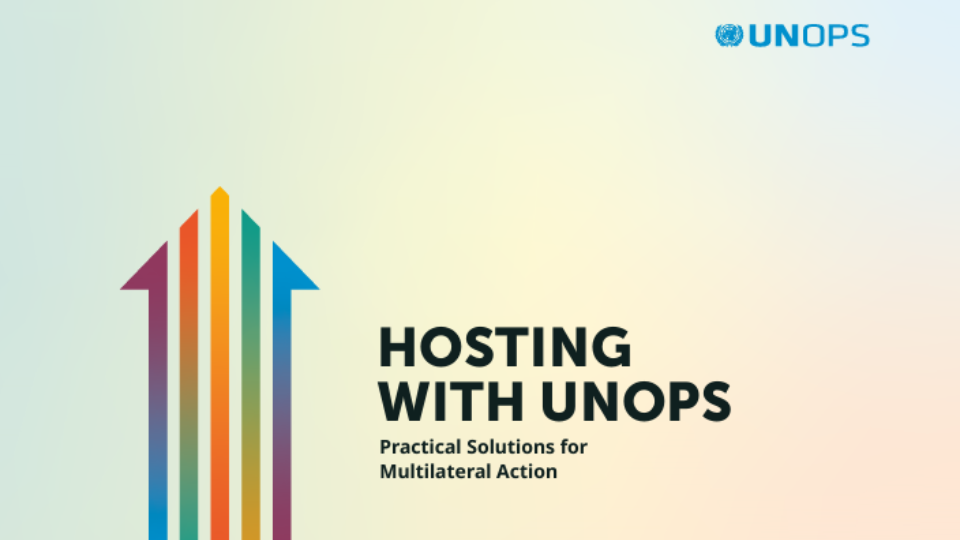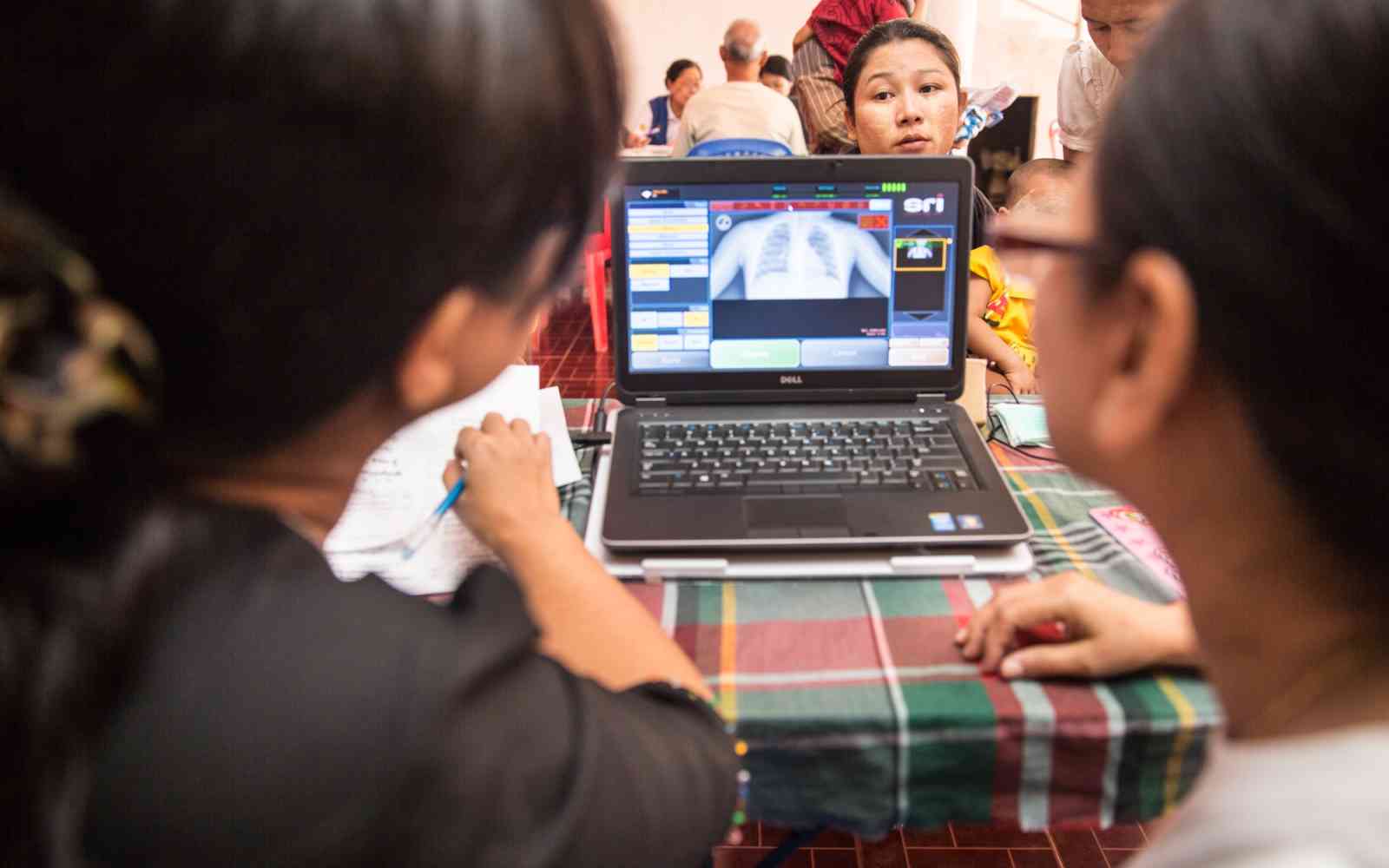The United Nations Office for Project Services (UNOPS)
A Q&A with Romeo Bertolini on how UNOPS helps the NDC Partnership drive global collaboration on climate action

We spoke with Romeo Bertolini, Director of Operations at the NDC Partnership Support Unit, about how UNOPS hosted partnership model strengthens global climate action through effective, inclusive and cost-efficient support.
In today’s world, solving complex and connected crises, like climate change, requires strong global cooperation. The NDC Partnership brings together countries and institutions committed to turning the goals of the Paris Agreement into tangible action.
The Support Unit of the NDC Partnership, based in Bonn, Germany and Washington D.C., helps coordinate this global coalition. It is hosted by UNOPS, alongside the World Resources Institute and the UN Secretariat for Climate Change.
Romeo Bertolini, Director of Operations for the Support Unit, joined UNOPS Insights to share how UNOPS plays a vital role in enabling this cooperation.
How does UNOPS help you deliver on your core mission?
UNOPS came in as our third host and it was a great opportunity, kicked off by some of our partners who wanted to fund us through UNOPS because they had good experiences with it. We run a multi-donor trust fund. We also hire about 120 people through UNOPS, which is very, of course, handy and very good because we are a global organization hosting and having operations in 110 countries.
And then we have, of course, the possibility to run grants. And with the grant mechanism that we established, we try to be flexible, react to requests from countries, especially when it comes to NDC ambition raising, quality of NDC work, climate planning, and the implementation, of course, of climate action.
What difference does our partnership make in reaching people?
It's really a connector between, basically, on the global level, around implementing climate action, making sure that there is understanding not only on the level of the ministries of environment and the focal points for climate action, but also triggering and initiating a whole of society approach and a whole of government approach. And this then, at the end of the day, in the planning process and the connection between climate and national planning, going to the country level and even the subnational level, making a difference for people.
For instance, when it comes to resilience, when it comes to flood resilient buildings, when it comes to cooling, when it comes to renewable energies that are affordable to the people.
UNOPS came in as our third host, and it was a great opportunity kicked off by some of our partners who wanted to fund us through UNOPS because they had good experiences with it.
Why did you choose UNOPS?
Our supporters and funders, first and foremost Germany and then followed by the United Kingdom and the Netherlands, have been proposing UNOPS as a neutral host and a professional kind of operational mechanism to fund our work and to make sure that the funding is efficiently implemented through us.
Why do you believe that multilateral action is important now more than ever?
With the current situation and the crisis that we see and the challenges, vis-a-vis multilateralism, the common values and the common action, making sure that the money and the funding that is available is used in a maximally efficient manner is extremely important.
And I think that as a collective of 250 members, as the partnership is, is one of our first and foremost mandates: making sure that countries are supported, that the support that is available is used in a most efficient way and really hits the target where the people live and where the livelihoods are to be able to make their living, create jobs, create growth, and make sure that the people are working towards and developing towards something that is more livable and more secure and more prosperous.
Romeo Bertolini
Romeo Bertolini is the Director of Operations at the NDC Partnership Support Unit. The unit is co-hosted by UNOPS, the World Resources Institute, and the UN Secretariat for Climate Change. It supports more than 80 countries and over 30 institutions committed to implementing the Paris Agreement.












